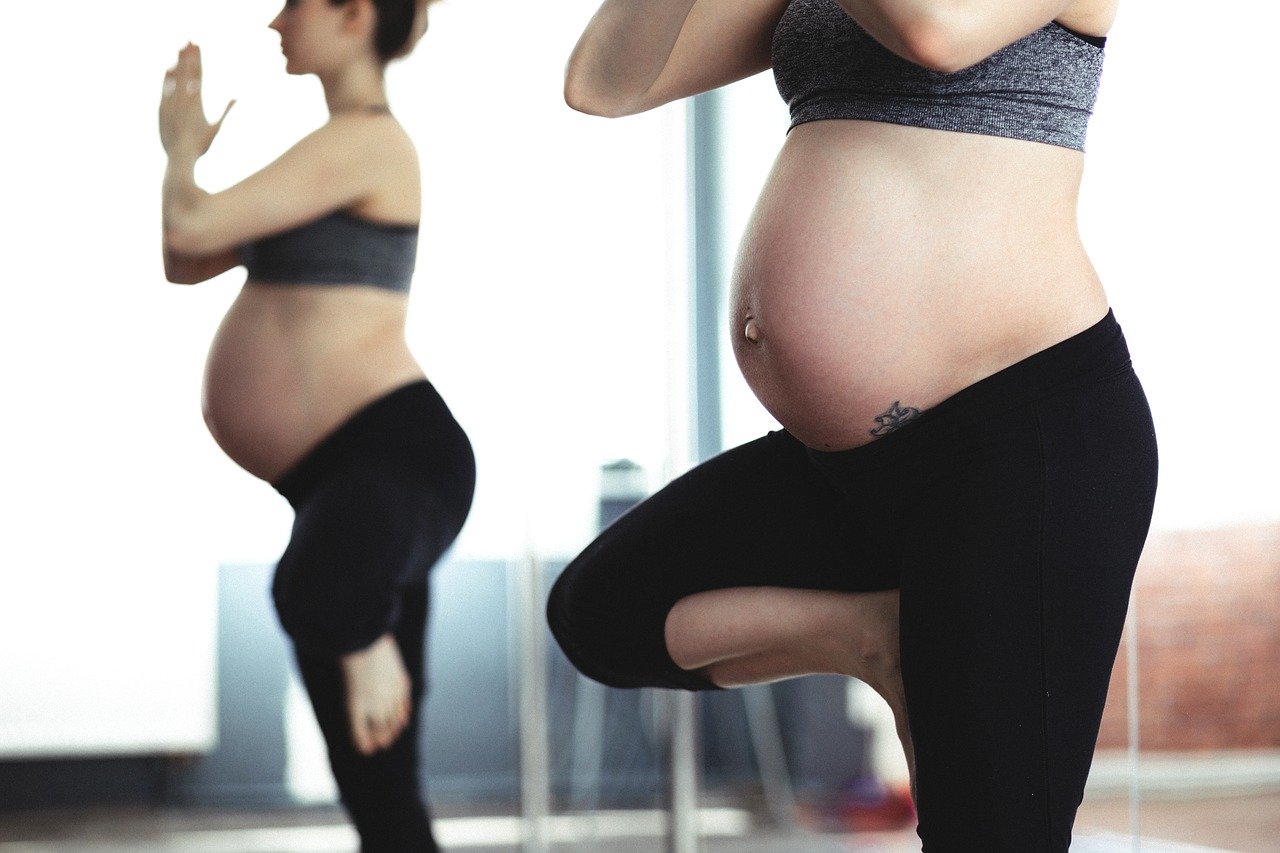In November 2018 researchers from Australia published their review of the medical scientific literature to assess the effect of omega-3 long chain polyunsaturated fatty acids, either as a supplement or … Read more
Physical activity during pregnancy and in the post-natal period appears to reduce the risk of post-natal depression
In September 2019 researchers from Poland published their review of the medical scientific literature to assess the relationship between physical activity during pregnancy, the puerperium (the 6 weeks after childbirth … Read more
Women meeting the physical activity recommendation of over 150 minutes of moderate-vigorous physical activity per week during pregnancy appear to have a lower risk of post-natal depression compared to women who are not active during pregnancy
In August 2018 researchers from Norway published the results of their study to assess whether physical activity during pregnancy had any effect on post-natal depression. A total of 643 pregnant … Read more
Music therapy has been shown to be beneficial in individuals with dementia, schizophrenia, depression, social anxiety, post-natal depression and in those with post-traumatic stress disorder
In December 2019 researchers from Poland published their review of the medical scientific literature to assess the effectiveness of music therapy in the treatment of psychiatric disorders. An analysis of … Read more
Listening to music during pregnancy may increase levels of wellbeing and reduce symptoms of postnatal depression in the first 3 months after giving birth
In July 2018 researchers from the UK published the results of their study to assess whether listening to music during pregnancy is associated with lower levels of postnatal depression and … Read more
Placentophagy does not appear to significantly improve maternal mood, bonding, or fatigue
In August 2018 researchers from the USA published the results of their study to assess whether women practising placentophagy, ie consumption of the placenta, experienced improved maternal mood, bonding, and … Read more
Placentophagy does not appear to improve mood, energy, milk production or vitamin B12 levels in women with a history of mood disorders
In April 2019 researchers from Canada published the results of their study to assess whether women with mood disorders practising placentophagy, ie consumption of the placenta, would have fewer depressive … Read more
Placentophagy may result in problems involving the infant’s endocrine function
In February 2019 researchers from the USA published a report of vaginal bleeding and breast budding in a 3-month-old infant who was exclusively breastfed. It was noted that the mother … Read more
A vitamin D level of under 50 nmol/L appears to increase the risk of post-partum depression
In September 2018 researchers from China published their review of the medical scientific literature to assess the association between vitamin D deficiency with ante-partum and post-partum depression. Nine studies involving … Read more









